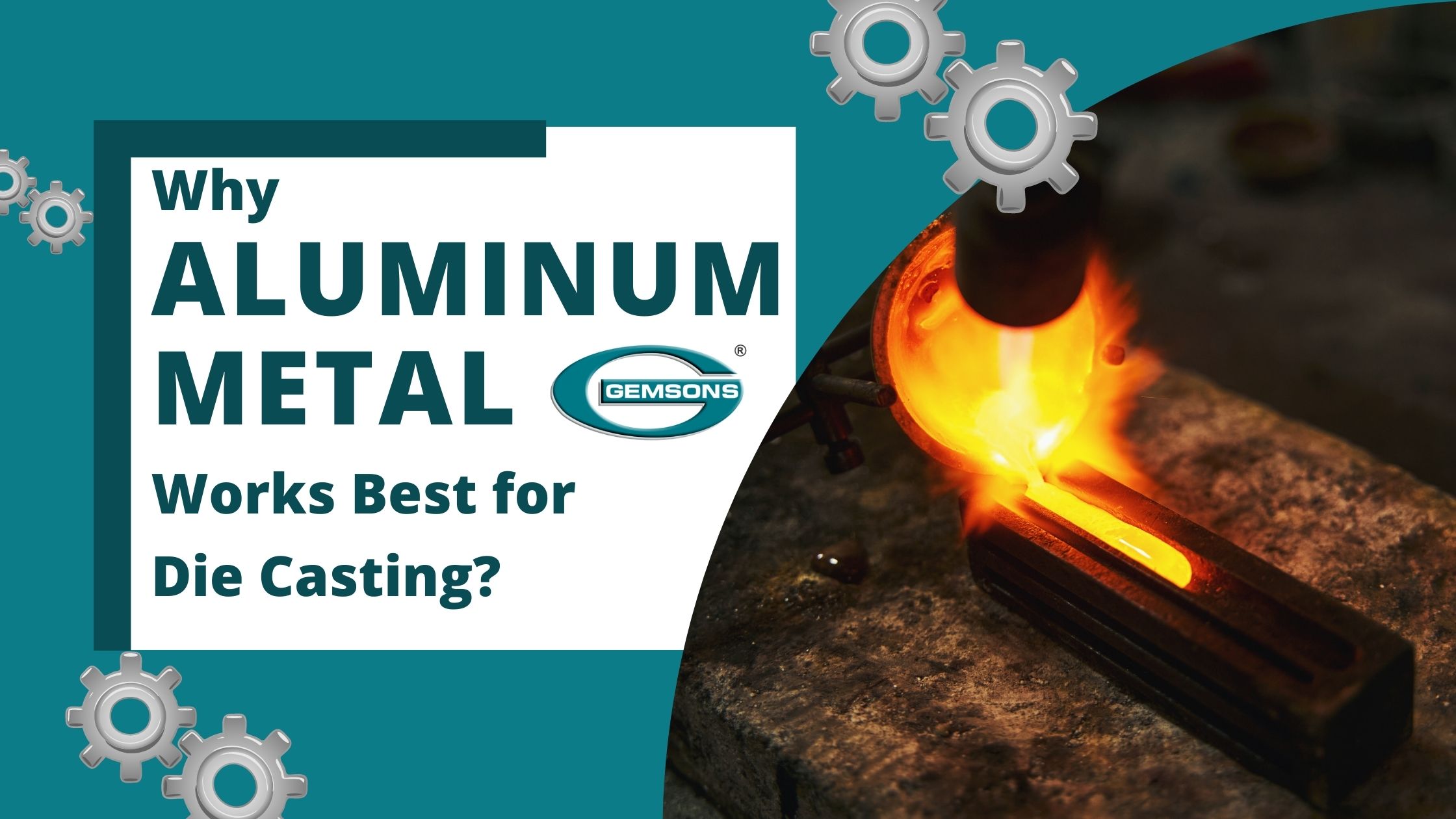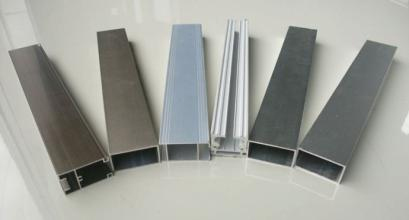Facts About Alcast Company Revealed
Facts About Alcast Company Revealed
Blog Article
The Ultimate Guide To Alcast Company
Table of ContentsThings about Alcast CompanyWhat Does Alcast Company Do?The Greatest Guide To Alcast CompanyThe Ultimate Guide To Alcast Company5 Simple Techniques For Alcast CompanyFacts About Alcast Company Revealed
The refined distinction lies in the chemical material. Chemical Contrast of Cast Light weight aluminum Alloys Silicon promotes castability by minimizing the alloy's melting temperature and improving fluidness during casting. It plays an important function in permitting intricate mold and mildews to be filled up precisely. Furthermore, silicon contributes to the alloy's stamina and use resistance, making it important in applications where durability is crucial, such as automobile parts and engine parts.It also boosts the machinability of the alloy, making it easier to refine right into finished products. In this means, iron adds to the total workability of aluminum alloys.
Manganese adds to the toughness of light weight aluminum alloys and enhances workability. Magnesium is a light-weight aspect that gives toughness and effect resistance to aluminum alloys.
A Biased View of Alcast Company
Zinc improves the castability of aluminum alloys and helps manage the solidification procedure during spreading. It enhances the alloy's toughness and firmness.

The primary thermal conductivity, tensile strength, yield strength, and prolongation vary. Select ideal basic materials according to the performance of the target product created. Amongst the above alloys, A356 has the highest thermal conductivity, and A380 and ADC12 have the most affordable. The tensile limitation is the opposite. A360 has the finest yield strength and the greatest prolongation rate.
Alcast Company for Dummies

In accuracy spreading, 6063 is appropriate for applications where complex geometries and top notch surface finishes are extremely important. Examples consist of telecommunication rooms, where the alloy's exceptional formability enables sleek and aesthetically pleasing layouts while preserving structural honesty. In the Lighting Solutions industry, precision-cast 6063 components develop stylish and reliable lights fixtures that call for elaborate shapes and great thermal performance.
The A360 shows premium elongation, making it perfect for facility and thin-walled parts. In accuracy casting applications, A360 is well-suited for industries such as Consumer Electronic Devices, Telecommunication, and Power Devices.
What Does Alcast Company Do?
Its special homes make A360 an important selection for accuracy spreading in these markets, improving item longevity and quality. Light weight aluminum alloy 380, or A380, is a widely utilized spreading alloy with a number of unique attributes. It uses superb castability, making it an excellent option for accuracy spreading. A380 exhibits good fluidness when molten, guaranteeing complex and comprehensive mold and mildews are accurately reproduced.
In precision spreading, light weight aluminum 413 beams in the Consumer Electronics and Power Devices markets. This alloy's exceptional deterioration resistance makes it an outstanding selection for outside applications, making sure durable, resilient products in the discussed markets.
Alcast Company - Truths
The aluminum alloy you select will considerably influence both the spreading process and the residential properties of the final item. Due to the fact that of this, you need to make your decision meticulously and take an informed method.
Establishing the most suitable light weight aluminum alloy for your application will certainly imply evaluating a wide range of features. The initial category addresses alloy attributes that affect the manufacturing procedure.
The 45-Second Trick For Alcast Company
The alloy you select for die spreading straight impacts several elements of the casting procedure, like how easy the alloy click reference is to function with and if it is susceptible to casting issues. Hot splitting, additionally recognized as solidification breaking, is a typical die spreading problem for light weight aluminum alloys that can result in interior or surface-level rips or splits.
Particular light weight aluminum alloys are more vulnerable to hot cracking than others, and your selection should consider this. An additional common flaw found in the die casting of light weight aluminum is pass away soldering, which is when the cast adheres to the die wall surfaces and makes ejection challenging. It can harm both the cast and the die, so you ought to search for alloys with high anti-soldering homes.
Corrosion resistance, which is currently a significant characteristic of aluminum, can vary considerably from alloy to alloy and is an important particular to consider depending upon the environmental problems your item will certainly be exposed to (Casting Foundry). Put on resistance is another home frequently sought in light weight aluminum products and can distinguish some alloys
Report this page